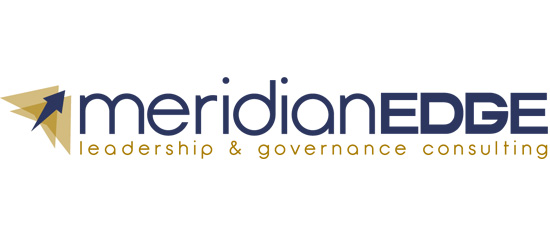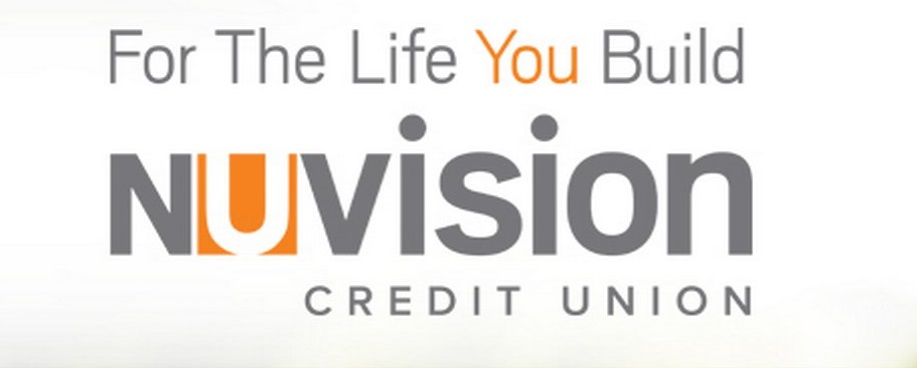Covid 19 Does Your Board Have This Covered
A few weeks ago, the Canadian federal Minister of Health, cautioned Canadians to prepare for a COVID-19 virus outbreak here. We are appropriately witnessing more severe measures already in place elsewhere and in Canada such as many jurisdictions calling a 'state of emergency'.
While governments are bracing and responding, Boards of Directors are wondering if their respective organizations are ready. And well they should, given that they have a duty of care for the organization's performance and this health emergency is having serious impacts on most businesses and their people.
When Boards face challenging and urgent situations, there is a tendency to react and forget what is already in place. This applies as much to Boards using Policy Governance® as those that are not.
For example, a museum board considering a COVID-19 outbreak might roll up its sleeves and start building contingency plans for those operational areas impacted by such an outbreak (e.g., staffing absences, shortfalls in revenues due to fewer members of the public attending, if and when to close the museum to the public, how to help health authorities connect with those who might have been exposed to a verified COVID-19 carrier who was at the museum).
A School Board might jump in and require that the CEO develop contingency plans for an outbreak including specific actions the Board requests (e.g., protocols for school buses, how to continue educational support if children are required to stay home).
But for a Board using Policy Governance, in all likelihood, you've already addressed your concerns in your policies!
Each Board is unique in the content of its policies; however, if the Board has built and maintained its policies using the policy architecture of Policy Governance (i.e., policies are created in sizes), at some level you've addressed your concerns. For example, you might have a policy that:
[…the CEO shall not:] Permit clients to be without reasonable protections against hazards or conditions that might threaten their health, safety or well-being.
In addition, you might have a policy such as:
The CEO shall not cause or allow a workplace environment that is unfair, disrespectful, unsafe, or disorganized or otherwise interferes with employees' ability to do their jobs.
And regarding financial matters:
With respect to the actual, ongoing financial conditions and activities, the CEO shall not cause or allow the development of fiscal jeopardy…
"Okay," you say, "what about plans for those situations?"
In some cases, we've worked with boards to develop policies such as:
[…the CEO shall not:] Permit budgeting for any fiscal period or the remaining part of any fiscal period that is not derived from the multi-year plan.
In other words, the CEO is not obligated to stay with the budget created at the beginning of the year. If the situation has changed, it would be imprudent not to revise her budget accordingly. It would also be imprudent not to revise her budget to ensure compliance with the Financial Condition policies (e.g., don't allow fiscal jeopardy").
Of course, your Board might not have these or similar policies in place; but if you are using Policy Governance, chances are you have a General Executive Constraint to the effect of:
The CEO shall not cause or allow any organizational practice, activity, decision or circumstance which is either unlawful, imprudent, or in violation of commonly accepted business and professional ethics.
Would there be any interpretation of that policy which did not include contingency plans for an event that is highly probable? Even without a policy directly naming COVID-19 or any other public health concern, the board has addressed this issue.
Nonetheless, a Board using Policy Governance should not be content with just having those policies in place. It should rigorously monitor to ensure compliance.
Under normal circumstances, the Board would expect to monitor each of the relevant policies over time. However, these aren't normal circumstances. What can and should Boards do?
The Board can require that your CEO provide a special monitoring report to demonstrate compliance with potential scenarios related to your organization in the event of a COVID-19 outbreak. In other words, the CEO would provide a report demonstrating that she has plans in place to address those policies (such as those included above) impacted by such an outbreak.
In this case, monitoring of student safety by the school superintendent needn't address other issues of student safety as it would for a normal monitoring of student safety.
Instead, it would provide interpretations and evidence for measures in place related to student safety and COVID-19. To ensure that Ends are achieved, the superintendent's contingency plans might address how education can continue if schools are forced to close by government officials. Planning for related revenue shortfalls and/or increased expenses can also be a part of this report.
The impact on each organization will be somewhat different. The policies that the CEO must address will vary accordingly.
The Board's job is to ensure that the CEO's interpretation of Board policies is reasonable for the outbreak. This does not mean that the Board needs to become experts in virology or public health. It does mean that it should look for reports which give robust rationale for why the interpretations are reasonable. For example, have the interpretations been created based upon solid advice from health professionals?
Following this process, your Board should get better results than if the Board dives in to develop specific operating plans or directing what should be included in the plans. Work your system and it will work for you.
Richard Stringham,
Senior Consultant



